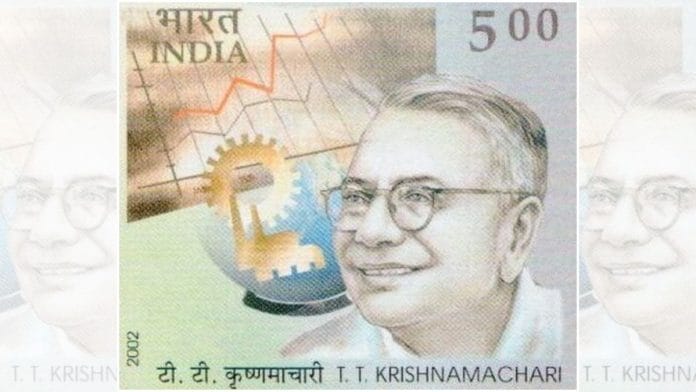Mr Vice-President, Sir, I am here to support the motion before the House, viz., to approve of Article 19. Many speakers before me have emphasised the various provisions of this particular Article and the background in regard to the framing of this Article. What I would like to stress in this: Sir, we are not concerned here with compromises arrived at between the various communities. We are not really concerned with whether some advantage might be derived from the wording of this Article later on by certain communities in regard to the furtherance of their own religious beliefs and practices, but I think emphasis should be laid on the fact that a new government and the new Constitution have to take things as they are, and unless the status quo has something which offends all ideas of decency, all ideas of equity and all ideas of justice, its continuance has to be provided for in the Constitution so that people who are coming under the regime of a new government may feel that the change is not a change for the worse. In achieving that particular object, I think this Article has gone a long way.
Sir, objection has been taken to the inclusion of the word “propagate” along with the words “profess and practise” in the matter of religion. Sir, it does not mean that this right to propagate one’s religion is given to any particular community or to people who follow any particular religion. It is perfectly open to the Hindus and the Arya Samajists to carry on their Suddhi propaganda as it is open to the Christians, the Muslims, the Jains and the Buddhists and to every other religionist, so long as he does it subject to public order, morality and the other conditions that have to be observed in any civilised government. So, it is not a question of taking away anybody’s rights. It is a question of conferring these rights on all the citizens and seeing that these rights are exercised in a manner which will not upset the economy of the country, which will not create disorder and which will not create undue conflict in the minds of the people. That, I feel, is the point that has to be stressed in regard to this particular Article.
Sir, I know as a person who has studied for about fourteen years in Christian institutions that no attempt had been made to convert me from my own faith and to practise Christianity. I am very well aware of the influences that Christianity has brought to bear upon our own ideals and our own outlook, and I am not prepared to say here that they should be prevented from propagating their religion. I would ask the House to look at the facts so far as the history of this type of conversion is concerned. It depends upon the way in which certain religionists and certain communities treat their less fortunate brethren. The fact that many people in this country have embraced Christianity is due partly to the status that it gave to them. Why should we forget that particular fact? An untouchable who became a Christian became an equal in every matter along with the high-caste Hindu, and if we remove the need to obtain that particular advantage that he might probably get—it is undoubtedly a very important advantage, apart from the fact that he has faith in the religion itself—well, the incentive for anybody to become a Christian will not probably exist.
I have no doubt, Sir, we have come to a stage when it does not matter to what religion a man belongs, it does not matter to what sub-sect or community in a particular religion a man belongs, he will be equal in the eyes of law and in society and in regard to the exercise of all rights that are given to those who are more fortunately placed. So I feel that any undue influence that might be brought to bear on people to change their religion or any other extraneous consideration for discarding their own faith in any particular religion and accepting another faith will no longer exist; and in the circumstances, I think it is only fair that we should take the status quo as it is in regard to religion and put it into our Fundamental Rights, giving the same right to every religionist, as I said before, to propagate his religion and to convert people, if he felt that it is a thing that he has to do and that is a thing for which he has been born and that is his duty towards his God and his community.
Subject to the overriding considerations of the maintenance of the integrity of the State and the well-being of the people—these conditions are satisfied by this Article—I feel that if the followers of any religion want to subtract from the concessions given herein in any way, they are not only doing injustice to the possibility of integration of all communities into one nation in the future but also doing injustice to their own religion and to their own community. Sir, I support the Article as it is.
This is part of ThePrint’s Great Speeches series. It features speeches and debates that shaped modern India.







What is great about this speech? To underestimate the desire and propensity of forces to subjugate native cultures is naive at best and lies at worst. The assumption that people dont want change you, dont want to erase your culture is just naive optimism or sweetened lies to meet existing political flavors such as left wing tendencies.